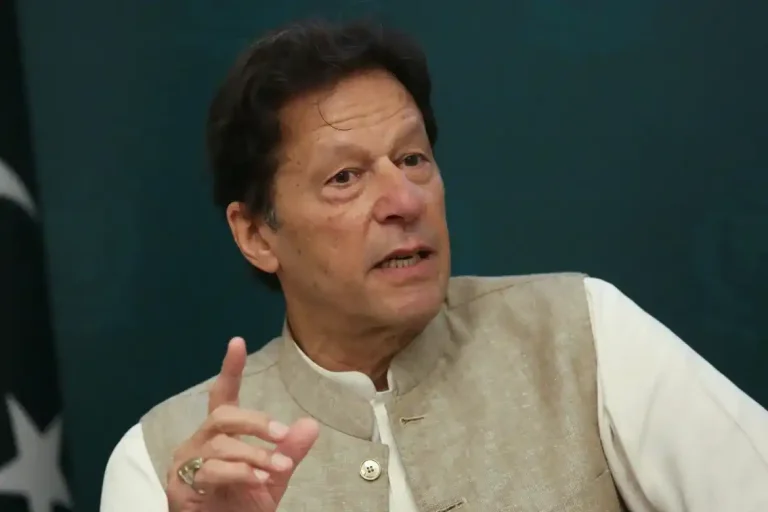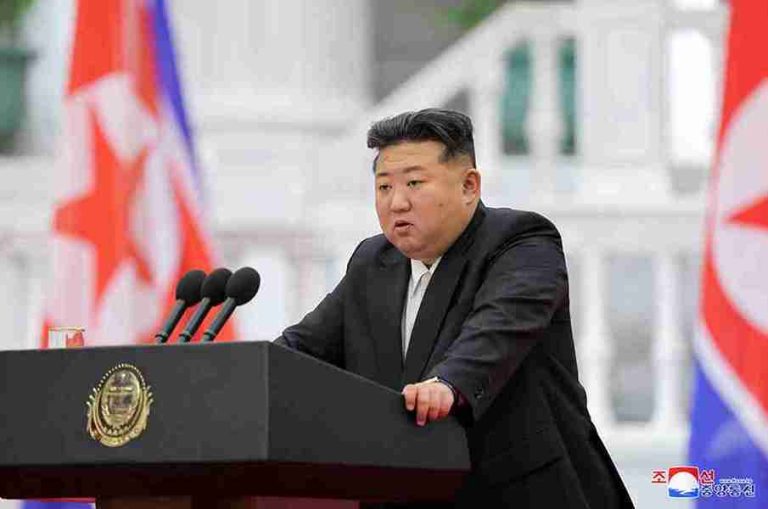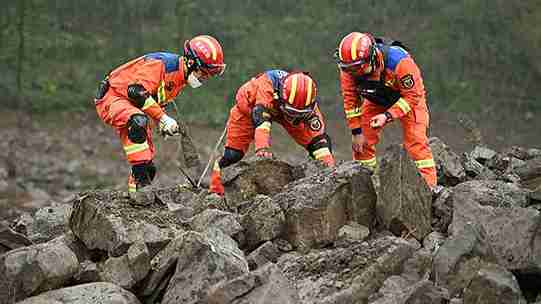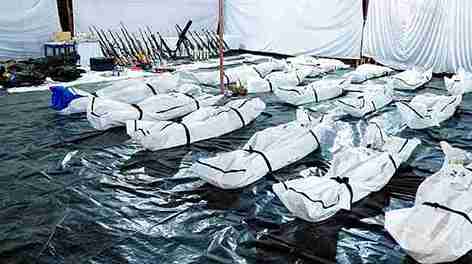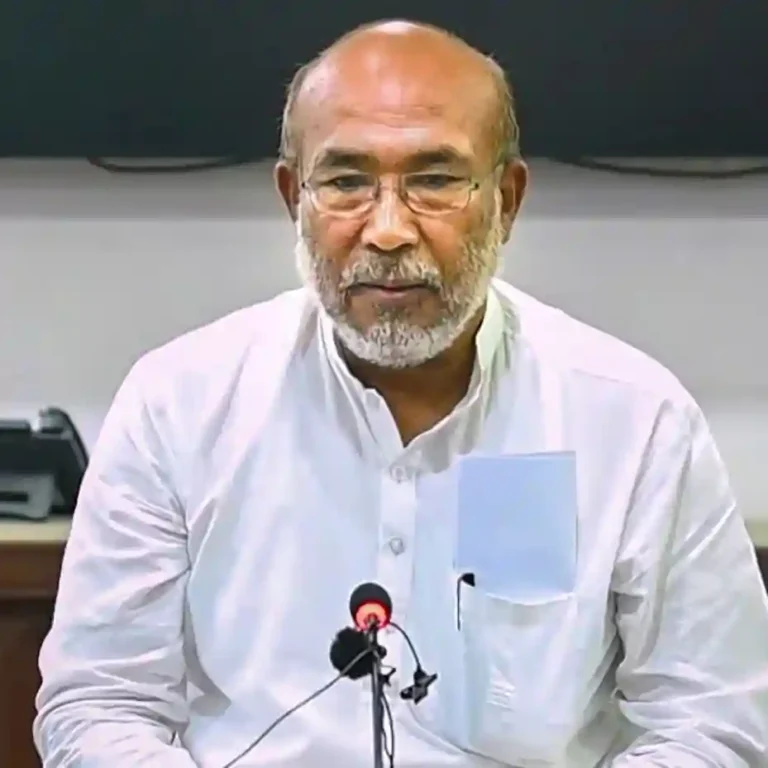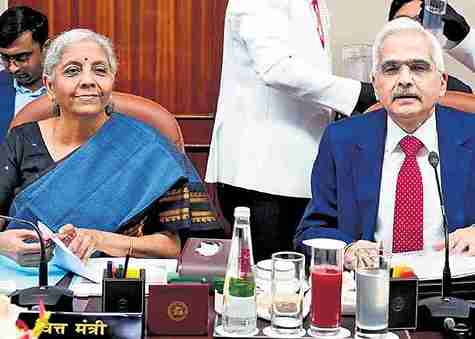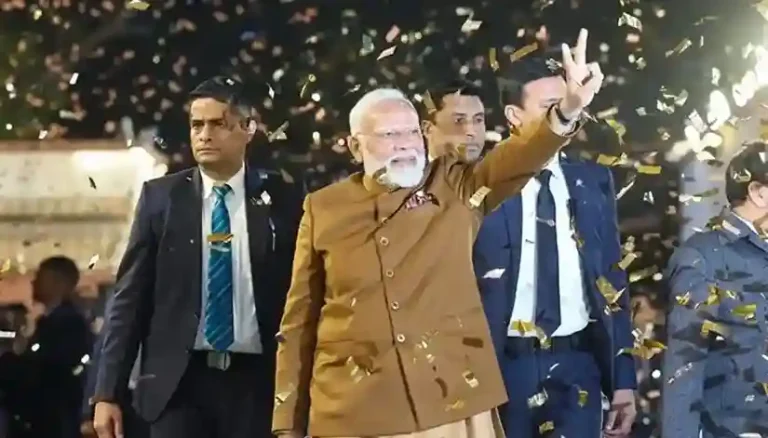In a recent open letter addressed to Army Chief General Asim Munir, former Pakistani Prime Minister Imran Khan has called upon the nation’s military to adhere strictly to its constitutional role and refrain from political involvement. Khan emphasized that the Imran Khan military constitutional role must be upheld to prevent the military’s engagement in politics, which he argues undermines democratic institutions and the rule of law.
Khan, currently incarcerated, expressed concerns over the military’s alleged overreach, Imran Khan military constitutional role. He highlighted the importance of the armed forces focusing solely on their designated responsibilities, cautioning that any deviation could erode public trust and destabilize the nation’s democratic framework.
In his letter, Khan also detailed his experiences in prison, alleging mistreatment, including solitary confinement and lack of basic necessities. He warned that the military’s involvement in political affairs could lead to a growing divide between the public and the armed forces, potentially resulting in long-term repercussions for national unity.
Imran Khan military constitutional role appeal comes amid ongoing tensions between Khan and the military establishment. Khan has previously accused the military of orchestrating his ousting and subsequent arrest on charges he claims are politically motivated. Despite these allegations, he has acknowledged the necessity of maintaining a harmonious relationship with the military, stating that it would be “foolish” not to have good relations with the army.
The military, which has played a significant role in Pakistan’s political landscape since its independence, has not publicly responded to Khan’s recent letter. Historically, the military has dismissed allegations of political interference, asserting its commitment to upholding the constitution.
Khan’s call for the military to adhere to its constitutional role has sparked a broader debate within Pakistan regarding the appropriate balance of power between civilian and military institutions. Analysts suggest that this discourse is crucial for the country’s democratic evolution and the strengthening of its political institutions.
In conclusion, Imran Khan’s appeal to the military to respect its constitutional boundaries underscores the ongoing challenges in civil-military relations in Pakistan. His emphasis on the military’s constitutional role reflects a desire to reinforce democratic norms and ensure the supremacy of civilian governance.
As the situation develops, it remains to be seen how the military and other political stakeholders will respond to Khan’s assertions and whether this will lead to a recalibration of the military’s role in Pakistan’s political affairs.

